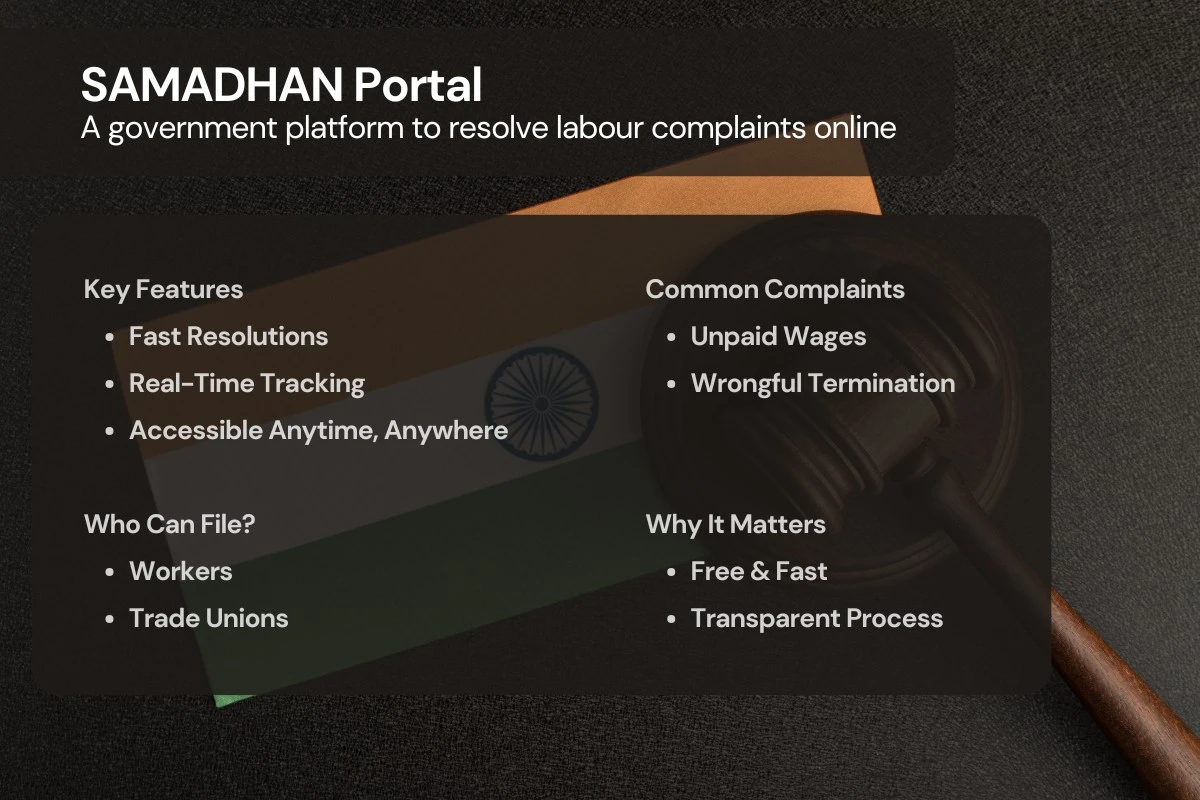What Every Company Should Know About Workplace Harassment?

Workplace harassment is one of the most serious issues affecting employee well-being and the overall reputation of a business. Every organization must prioritize creating a safe and respectful work environment. This guide explains workplace harassment and outlines important steps companies should take to prevent it.
1. What is Workplace Harassment?
Workplace harassment includes any unwanted behavior that creates an intimidating, hostile, or offensive work atmosphere. It could be verbal, physical, or psychological and is often based on gender, race, sexual orientation, religion, disability, or age.
2. Types of Harassment
- Sexual Harassment: Includes unwelcome sexual advances, comments, or gestures.
- Discriminatory Harassment: Based on race, ethnicity, religion, gender, or other protected categories.
- Bullying: Repeated mistreatment or aggressive behavior towards an employee.
- Cyberbullying: Harassment via digital platforms or communication tools.
- Retaliation: Penalizing employees for reporting harassment or participating in investigations.
3. Signs of Workplace Harassment
- Decline in employee performance or morale.
- Frequent absenteeism or requests for department transfers.
- Noticeable anxiety or discomfort among team members.
- Reports or complaints of inappropriate behavior.
4. Effects on Employees and Organizations
Harassment affects both individual employees and the organization as a whole. It can cause emotional distress, physical health issues, and job dissatisfaction. At the corporate level, it can lead to lawsuits, high turnover, poor productivity, and damage to company reputation.
5. Measures to Prevent Workplace Harassment
- 5.1 Establish a Clear Anti-Harassment Policy: Clearly define unacceptable behaviors and outline consequences.
- 5.2 Training and Awareness: Conduct regular training sessions on identifying, reporting, and preventing harassment.
- 5.3 Encourage Open Communication: Create an environment where employees feel safe reporting incidents.
- 5.4 Investigate Complaints Promptly: Ensure all complaints are addressed fairly, sensitively, and promptly.
- 5.5 Provide Support for Victims: Offer professional counseling and assistance programs.
6. Legal Compliance
Employers in India are legally obligated to ensure a harassment-free workplace. Laws like the Sexual Harassment of Women at Workplace (Prevention, Prohibition and Redressal) Act, 2013, set clear guidelines. Companies must align their policies with these laws to avoid legal complications.
7. How to Ensure Compliance and Mitigate Risks?
Staying compliant requires professional assistance to:
- Understand applicable laws and duties.
- Draft policies tailored to your business type.
- Provide multi-level training programs.
- Conduct audits and policy evaluations.
8. How Plutus Can Help with Labour Law Services?
Plutus specializes in comprehensive Labour law support. We help companies:
- Design and implement anti-harassment policies.
- Conduct regular employee awareness and training programs.
- Stay updated with changing legal frameworks.
- Establish safe channels for internal complaint redressal.
9. Conclusion
Workplace harassment must be addressed proactively. By recognizing the signs, implementing strong preventive measures, and complying with Labour laws, organizations can foster a respectful, safe, and productive work culture. Plutus supports businesses at every step to ensure legal compliance and protect both employees and employers.
10. FAQ
- 10.1 What should I do if an employee reports harassment?
- Investigate promptly, refer to company policies, and maintain confidentiality. Take appropriate disciplinary action if necessary.
- 10.2 How can companies prevent harassment at work?
- Introduce clear policies, train employees regularly, and promote a respectful workplace culture.
- 10.3 What are the legal consequences of harassment in India?
- Companies may face penalties, lawsuits, and reputational loss. Non-compliance with the Sexual Harassment Act can lead to legal actions.
- 10.4 How can companies ensure they meet legal standards?
- Partner with legal professionals like Plutus to create policies, deliver training, and conduct periodic compliance audits.
- 10.5 Are all types of harassment covered by law?
- Yes, Indian Labour laws cover various forms of harassment including sexual, discriminatory, and psychological harassment.
To know more about our services, please get in touch with us.
plutusco.com


